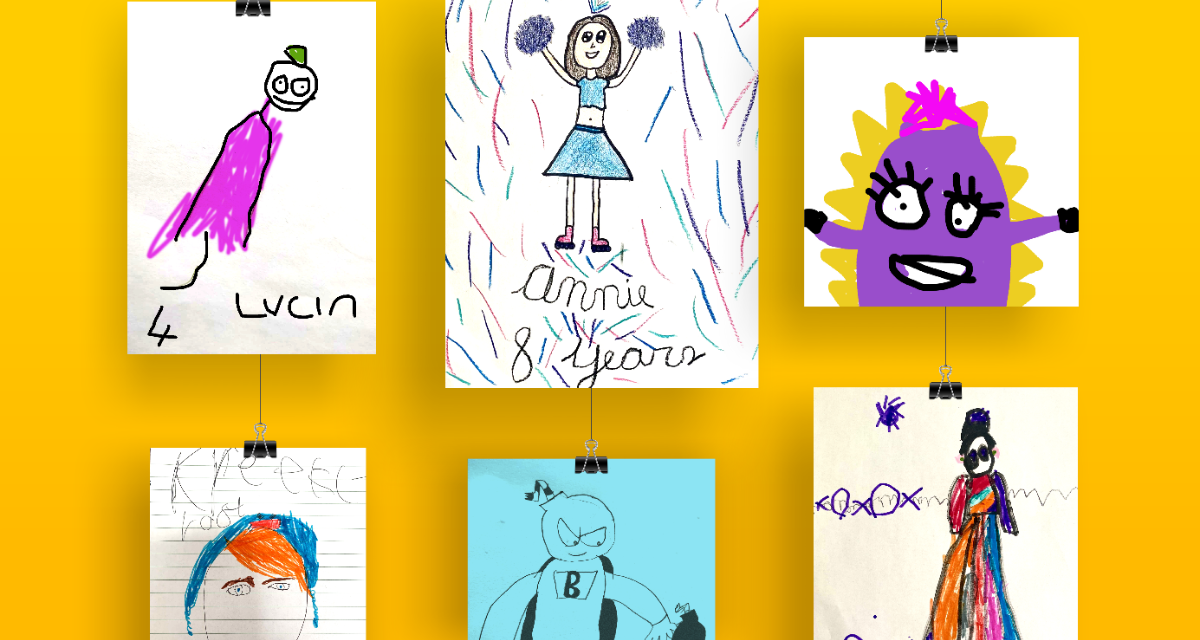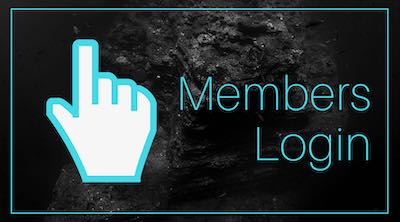Inner Cheerleader Helps Young Children in Wales Master Emotions
To Navigate Anxiety Pandemic
Free Resource For Primary Schools Helps Build Resilience In Current Climate
- Children struggling with mental health problems during the pandemic are facing “agonisingly” long waits for treatment, a BBC investigation has found.
- Data from half of England’s services found one in five seen in the past year waited over 12 weeks for care.
- Half of all mental health conditions present themselves by the time a child reaches 14 but most cases remain undetected and untreated
- 10% of year 10 and 11 suffer from anxiety coupled with a lack of confidence
- Covid has created an anxiety pandemic amongst all age groups
- Free primary resource teaches simple brain hacks can last a lifetime and turn around a child’s negative thinking within a month
Half of all mental and emotional wellbeing conditions present themselves by the time a child reaches 14 but most cases remain undetected and untreated. A research pilot by RTT Method within secondary schools found an estimated 10% of year 10 and 11 suffered from anxiety, often coupled with a lack of confidence. The combination can have a crippling effect on their lives, preventing them from enjoying school, hampering their learning and impacting their social life.
That’s why a new resource called ‘I Can’t to I Can’ aims to reduce these numbers by giving primary school children the tools they need to overcome anxiety, build confidence and take control of their emotions. It has been created by RTT in response to the anxiety pandemic Covid has created and features a specific set of mind hacks that can provide immediate help. These skills can help a child throughout life and also significantly lower the numbers who develop adolescent mental and emotional wellbeing issues.
‘I Can’t to I Can’ takes just a week to instil positive new approaches in children aged 7 to 10. Available online, the free resource is based around the RTT concept of installing the inner cheerleader. Everyone is born with an inner cheerleader as, without that driving force encouraging us, babies would never learn. However, children as young as 5 start doubting themselves and listen to their inner critic instead of their cheerleader which is why the skills taught in ‘I Can’t to I Can’ are so key.
Kerin Muddle, lead practitioner for social, emotional and mental health needs at Sandhurst School, one of the schools where RTT therapy has been piloted commented:
‘RTT made a huge impact on our students who felt more in control and understood how to manage their emotions after a single session. They could recognise negative emotions and were able to see them for what they were and turn them on their head. Providing primary children with RTT resources will make everyone’s lives easier – parents and teachers but especially the children themselves.They will experience immediate benefits and emotional know-how that will stay with them throughout their lives’.
The I Can’t to I Can 5-Day Challenge is launched at the end of September with schools being encouraged to participate during the week of 8th November in the lead up to Anti-Bullying Week and World Kindness Day.
Schools sign up via https://method.rtt.com/i-cant-to-i-can-challenge/ and the resources will be made available on 20th October giving teachers the opportunity to review and plan over half term.

ENDS
For further information, a copy of the resources, additional imagery or an interview with a therapist involved in the development of the 5 Day Challenge, please call Sara Stewart on 07833 467774 or email rttmethod@marisapeer.com
EDITOR’S NOTES
Everything needed to run the 5 Day Challenge is available online once a school signs up. Each day focuses on a different power for the children to develop so that they can bring them all together to build resilience, confidence and self-esteem.
- Day 1 – focuses on bringing the cheerleader within us to life through visualisation using the Power of Imagination
- Day 2 – looks at how our cheerleader speaks to us through the Power of Words
- Day 3 – considers how we get stuck in circular thinking and how this affects our feelings, behaviour and thoughts with the Power of Looping Thoughts.
- Day 4 – is about learning to create positive neural pathways through the Power of Repetition
- Day 5 – is when we consolidate everything that has been learnt to bring the Class Cheerleader to life and Power Up.
Day 5 Challenge
The week culminates in a class activity that involves students working together to create a Class Cheerleader. Each student decides which power or feature they like best from the inner cheerleader they created for themselves on Day 1 and then recreates this element on a separate piece of paper. They then cut this out and, in turn, come to the front of the class to stick it to a pre-drawn Class Cheerleader outline on a sheet of A1 craft paper. We have included some suggested templates for your Class Cheerleader outline but it can be any shape you like – a blob, a robot, a bear – whatever your class decides upon.
By taking part in the challenge, the suggested achievable outcomes include:
• Identifying and talking about feelings
• Understanding how feelings affect behaviour
• Strategies to manage feelings
• Managing the transition to secondary school (Key Stage 3)
RTT Method
Improving interventions through research
Our aim is to ensure our independently reviewed research will give more people access to RTT via service providers such as the NHS by proving its effectiveness in treating a range of issues at speed.
What is RTT?
RTT is an innovative and critically-acclaimed therapeutic approach drawing upon powerful tools and techniques to offer fast, long lasting results.
Its roots come from within traditional areas of psychotherapy including aspects of Gestalt, Solution Focussed, and Cognitive Behavioral Therapy alongside more modern therapeutic techniques such as deep relaxation, mindfulness, and hypnotherapy. It is already being used within the medical profession, schools, multinational corporations as well as by business leaders and athletes.
Its personalised approach works with clients to reframe any negative beliefs, values, habits and emotions – many of which they have carried with them since childhood. Often these have been so deeply buried in their subconscious, they are unaware of the past issues affecting them.
By helping a client to alter the way they think and put an end to negative self-talk, they can approach life in a positive way impossible prior to RTT.
What Issues Does It Address?
We have over 10,000 registered RTT therapists globally who can be accessed via our dedicated RTT register. Many of these therapists specialise in specific areas working with children and adults which include:
- Anxiety
- Confidence/self esteem
- Depression/low mood
- Finding your purpose
- Eating disorders
- Addictions
- Insomnia/sleep issues
- Autoimmune conditions
- Physical pain
- Phobias/fears


















